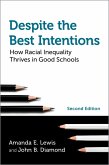
14,95 €
Sofort per Download lieferbar
eBook, PDF
18. August 2020
OUP eBook
| Broschiertes Buch | 29,99 € | |
| Gebundenes Buch | 114,99 € | |
| eBook, ePUB | 14,95 € |
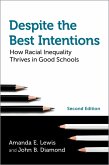
14,95 €
Sofort per Download lieferbar
12,95 €
Sofort per Download lieferbar
12,95 €
Sofort per Download lieferbar
Ähnliche Artikel
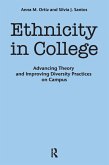

18,95 €
Sofort per Download lieferbar
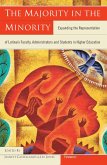
29,95 €
Sofort per Download lieferbar

Statt 15,95 €**
13,99 €
**Preis der gedruckten Ausgabe (Broschiertes Buch)
inkl. MwSt. und vom Verlag festgesetzt.
Sofort per Download lieferbar
eBook, PDF
16. März 2021
GRIN Verlag

eBook, PDF
5. Oktober 2022
Taylor & Francis eBooks

eBook, PDF
29. November 2024
Taylor & Francis eBooks
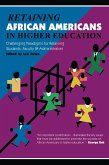
26,95 €
Sofort per Download lieferbar
eBook, PDF
21. Juli 2023
Taylor & Francis eBooks

19,95 €
Sofort per Download lieferbar

28,95 €
Sofort per Download lieferbar
Ähnlichkeitssuche: Fact®Finder von OMIKRON
